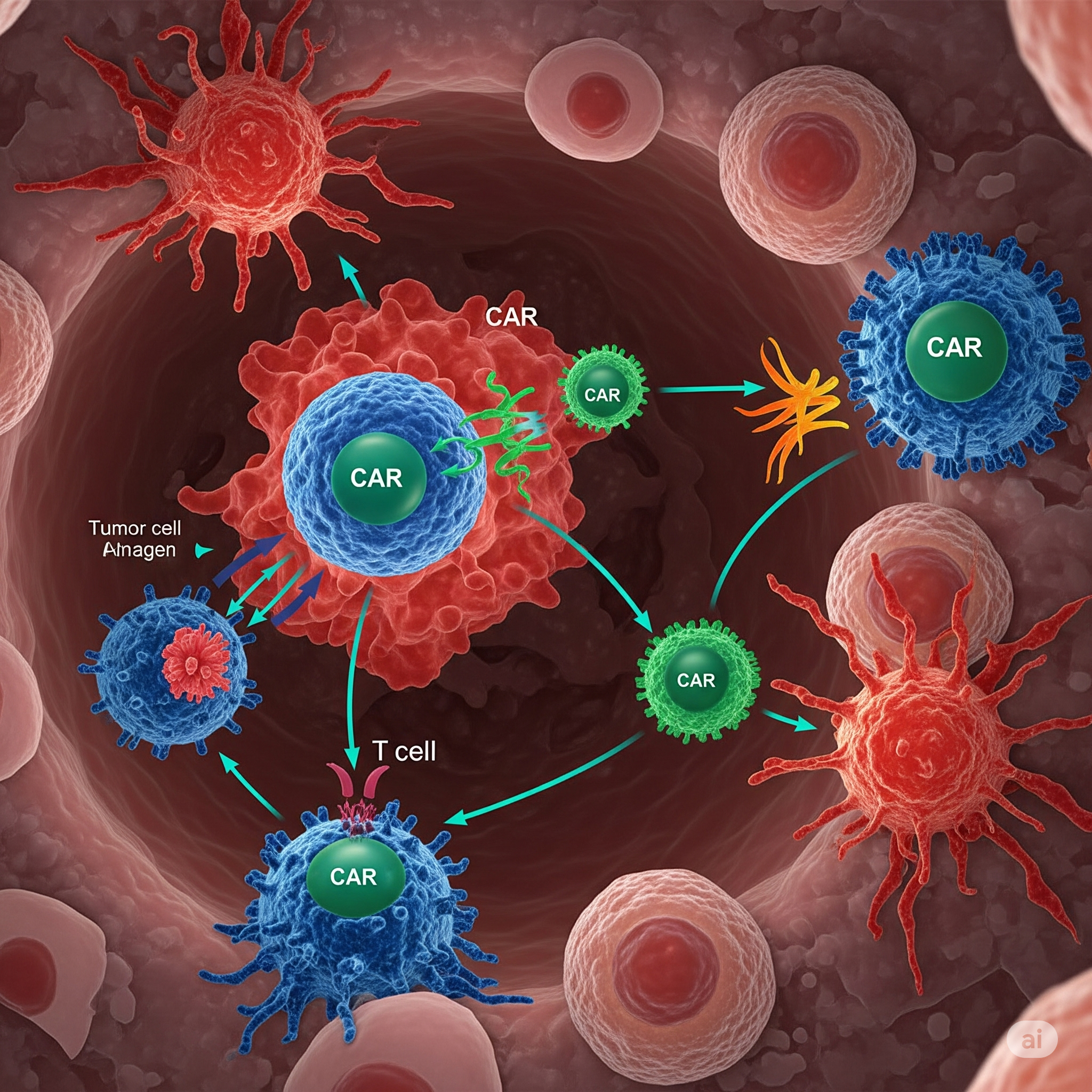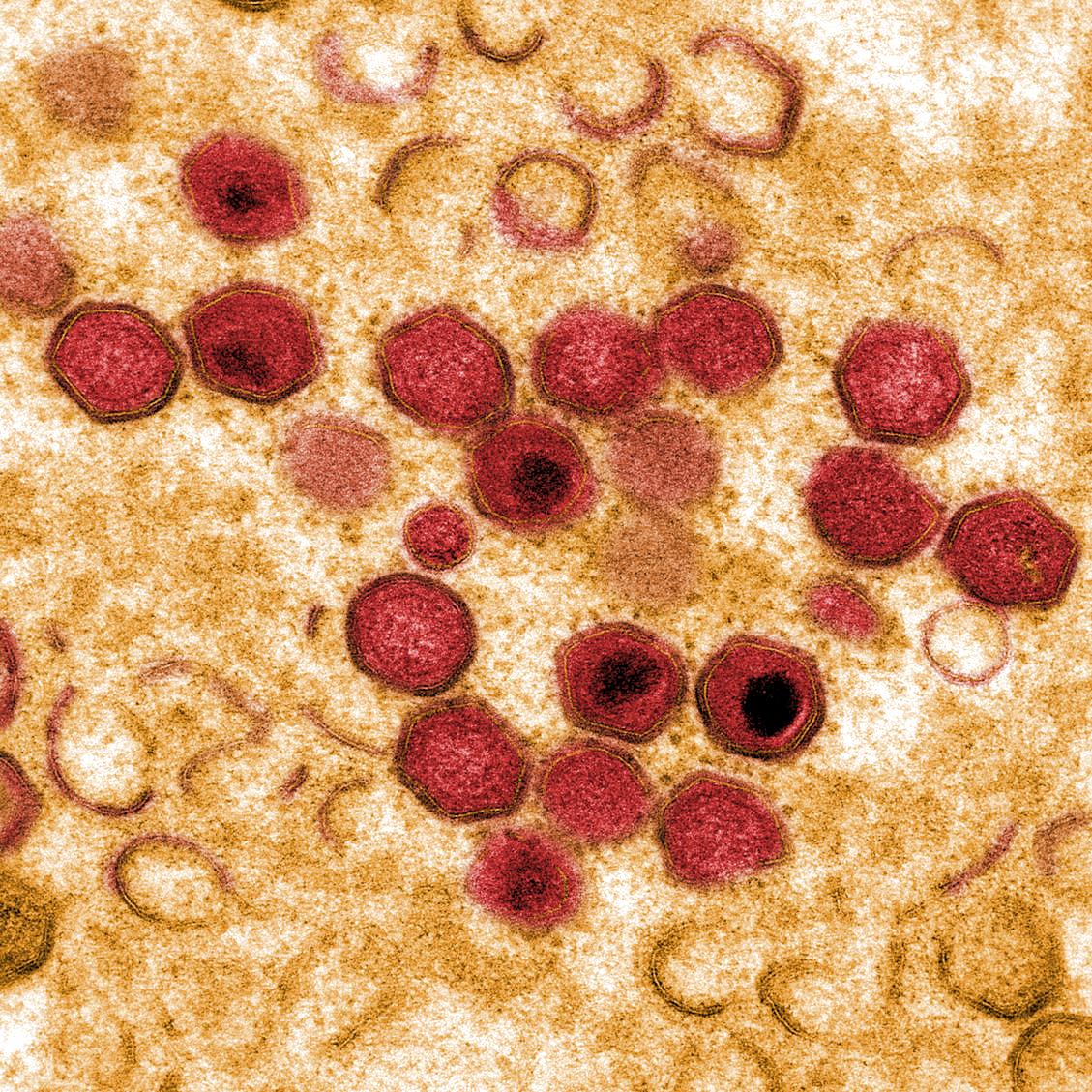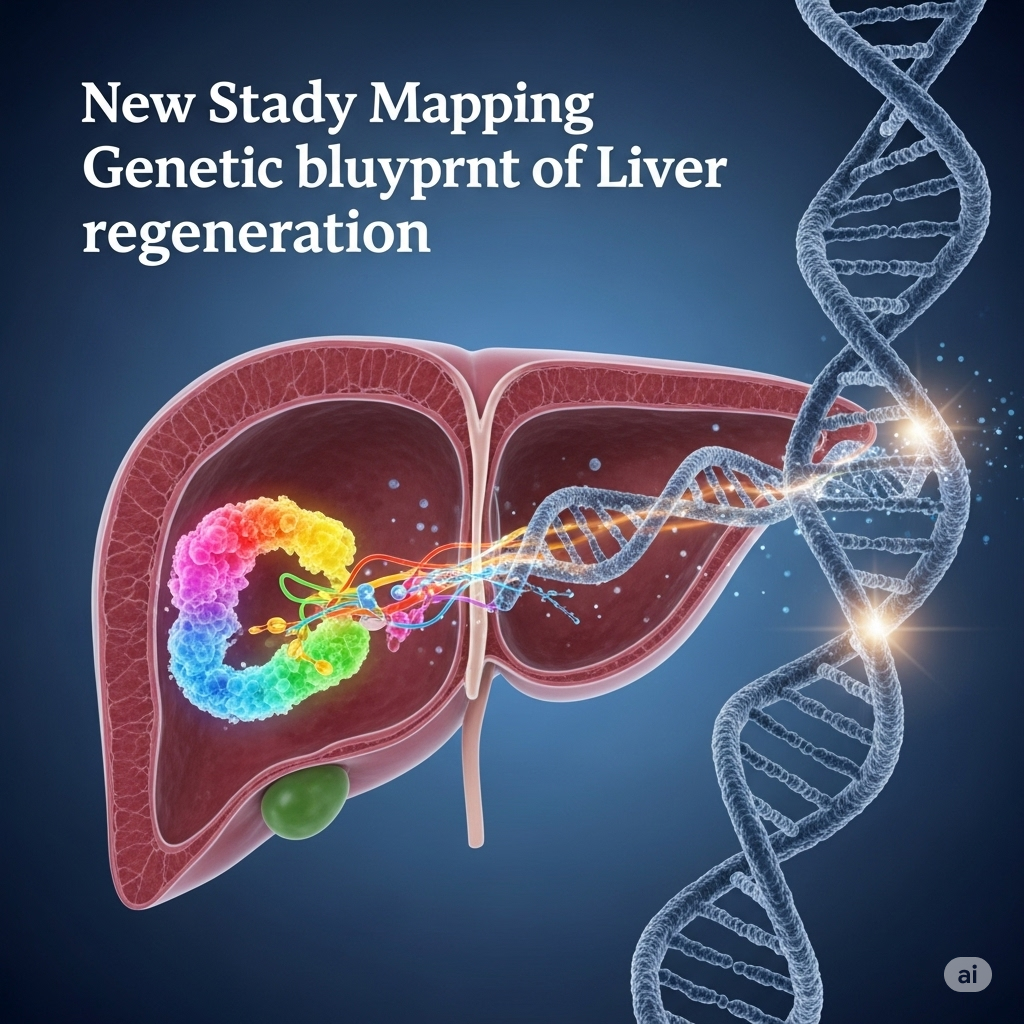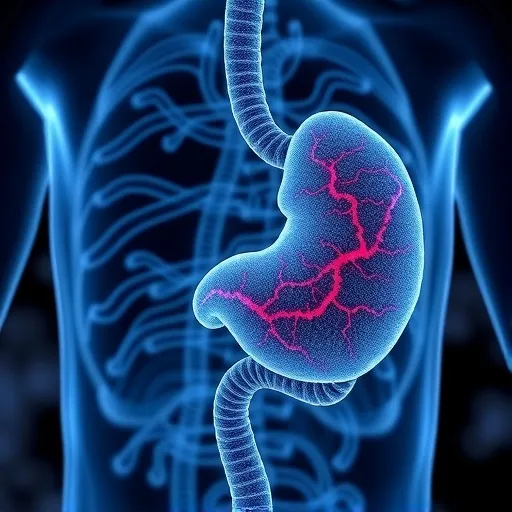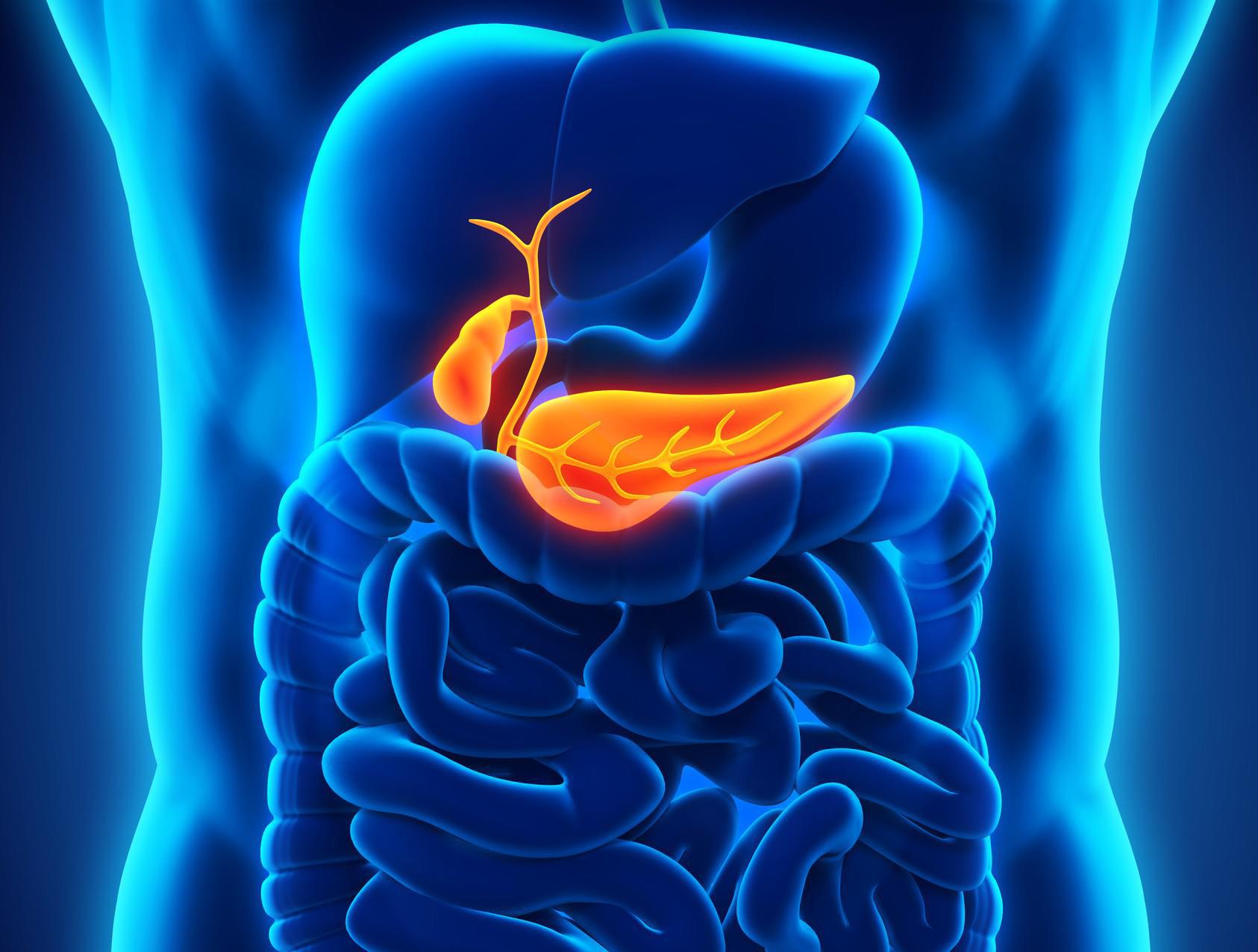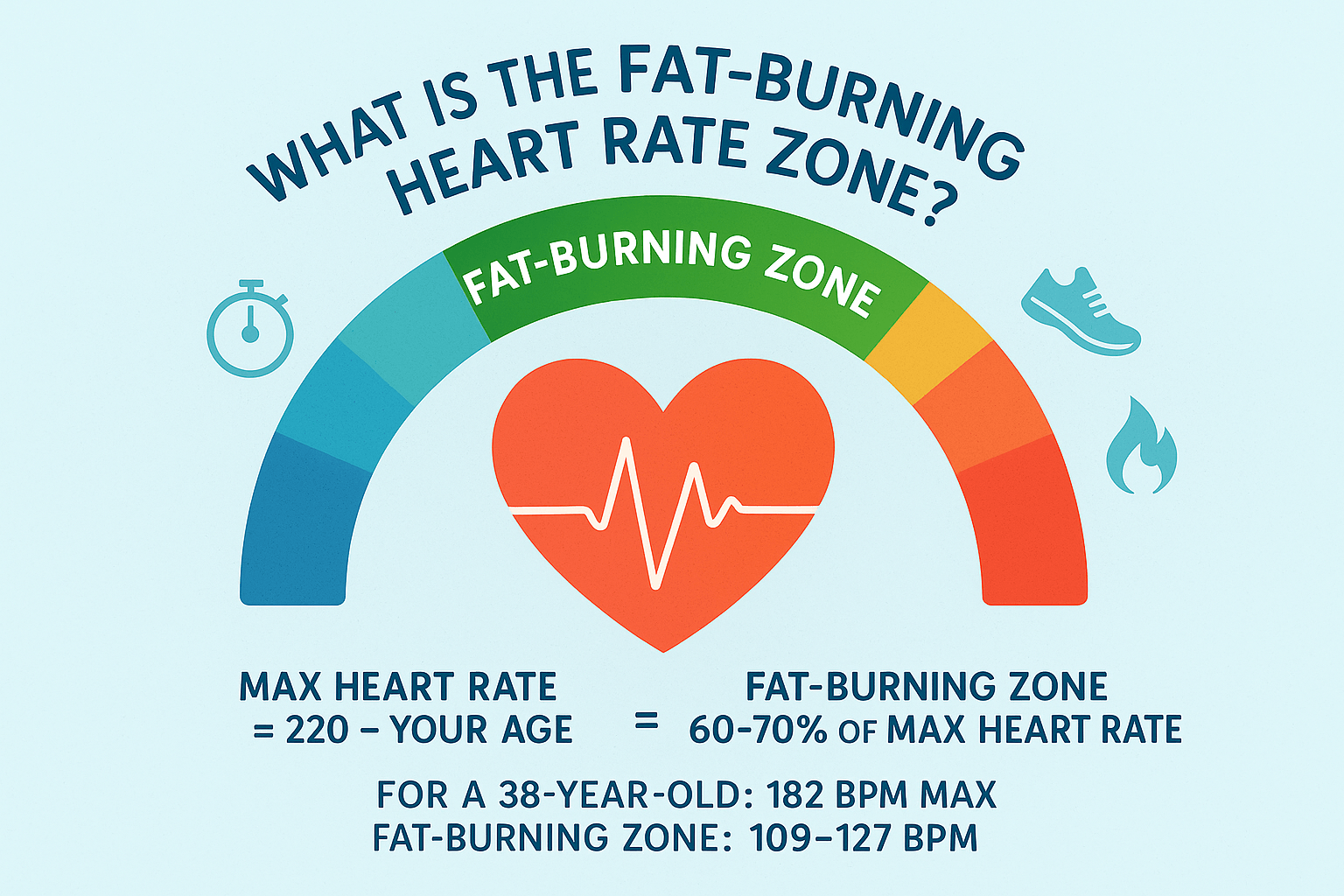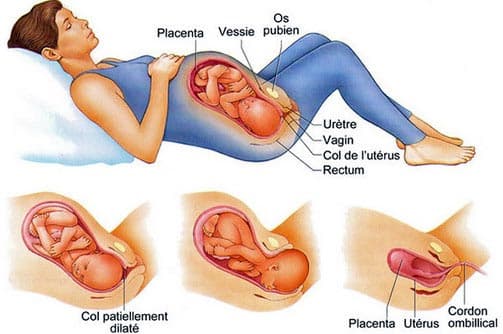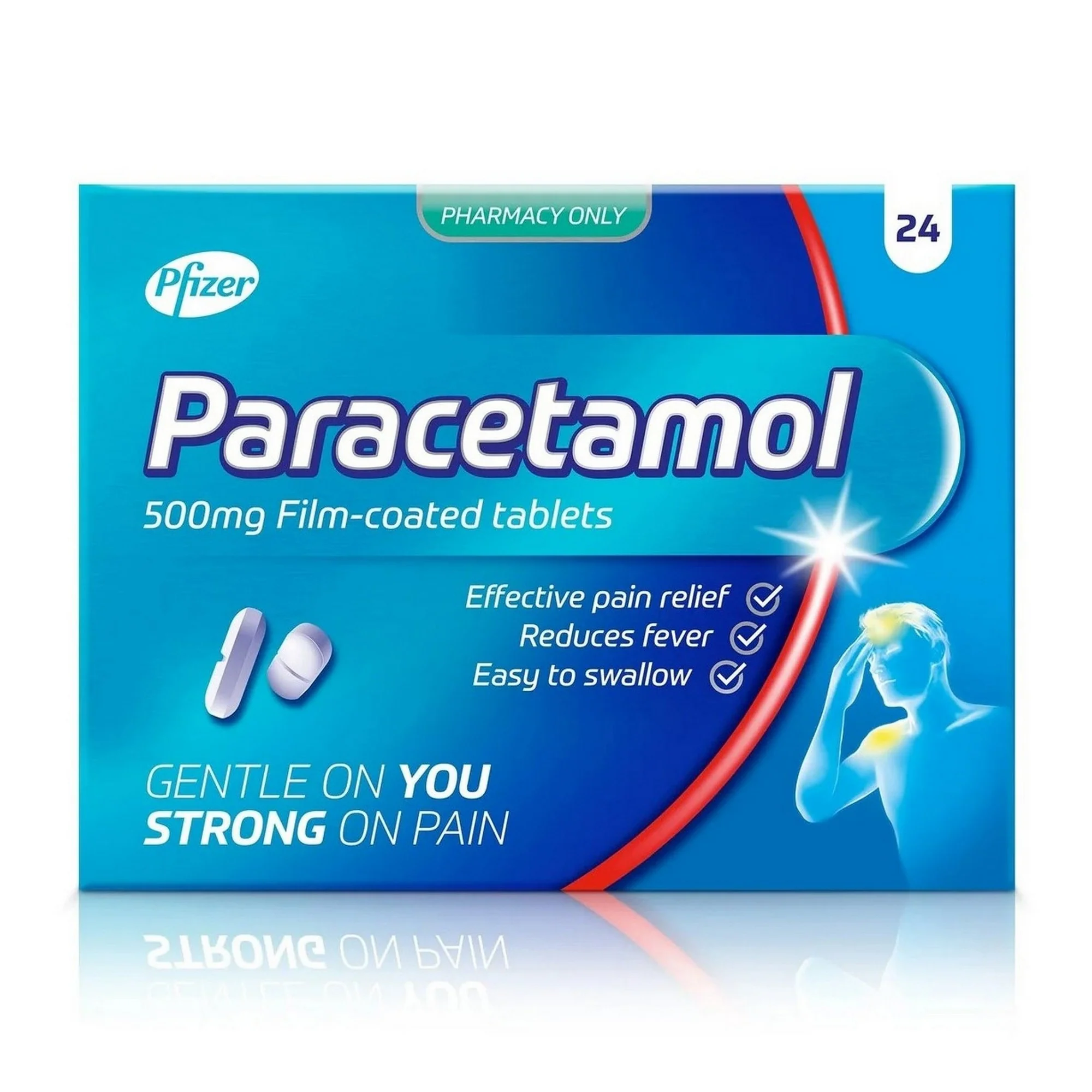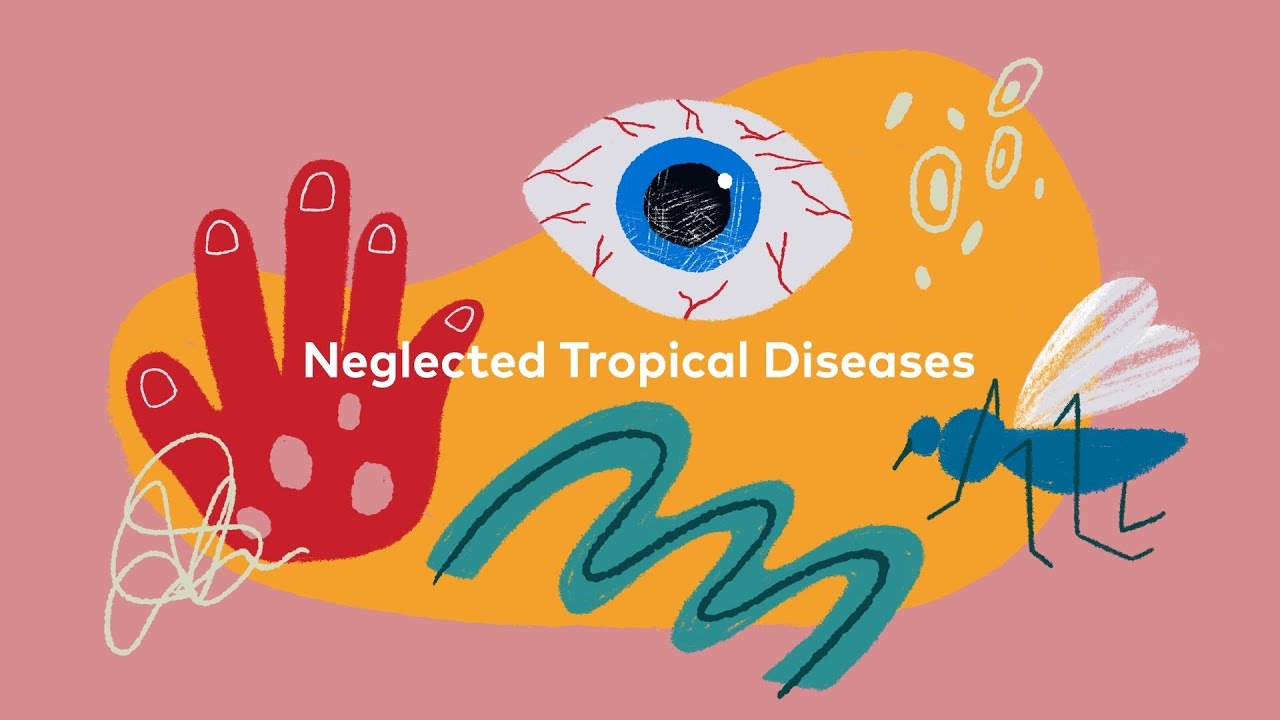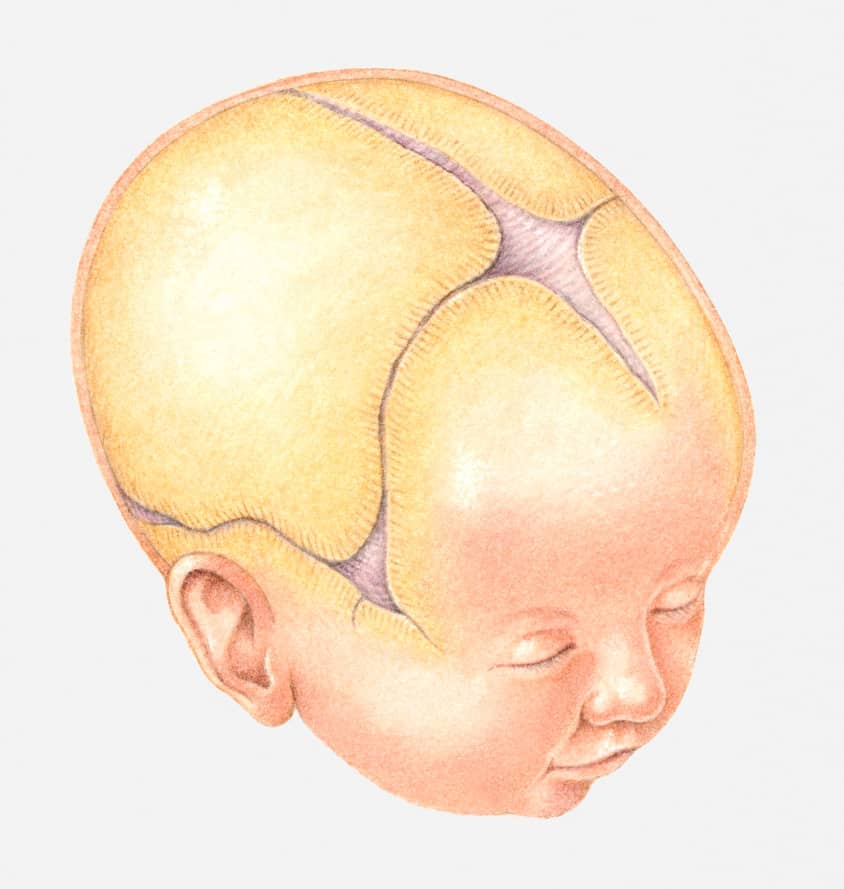A new study conducted at the Center for Cell-Based Therapy (CTC), based at the Ribeirão Preto Medical School of the University of São Paulo (FMRP-USP), sheds light on key proteins and signaling pathways that may significantly influence the effectiveness of CAR-T cell therapy—a groundbreaking immunotherapy used to treat certain cancers.
Published in the Journal of Proteome Research, the study was led by John Oluwafemi Teibo, a doctoral student at FMRP-USP and a scholarship recipient from the São Paulo Research Foundation (FAPESP), under the guidance of Professor Vitor Faça. The findings could pave the way for more precise and effective applications of CAR-T cells in oncology.
"While CAR-T cell therapy has shown remarkable success against hematologic cancers, the detailed molecular mechanisms that drive this success remain unclear," Teibo explained in a video shared on the São Paulo Blood Center’s YouTube channel. "Our goal was to explore these molecular mechanisms by identifying key proteins involved in therapy response."
Using a proteomics approach and data from scientific databases such as PubMed and Scopus, the researchers identified 14 proteins grouped into four categories:
-
Cytokines: Including interferon gamma, CCL3, and IL2—critical for immune signaling.
-
Kinases: Such as LCK, ITK, JAK2, and B-Raf—regulators of intracellular signaling pathways.
-
Receptors: Like CD80 and CD20—which help initiate the therapeutic action of CAR-T cells.
-
Proteases/Chemical Messengers: Including Granzyme B and TNF-α, known for their roles in immune cell-mediated destruction of cancer cells.
“Some of these, like IL2 and interferon gamma, also have potential as surrogate biomarkers, which may be used to monitor or predict the response to CAR-T therapy,” Teibo noted.
The study emphasizes the use of proteomics—the large-scale study of proteins—to understand cellular processes at greater depth. Recent advances in mass spectrometry have enabled detailed analysis of protein expression, modifications, and degradation, offering insights essential for refining cancer immunotherapy.
While this research is foundational, its implications are promising. By targeting these molecular effectors, scientists may be able to overcome existing challenges in CAR-T therapy, such as treatment resistance or limited efficacy in some patients.
